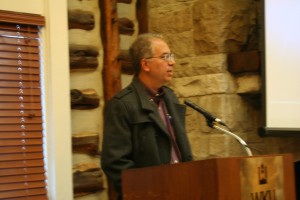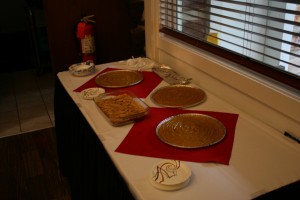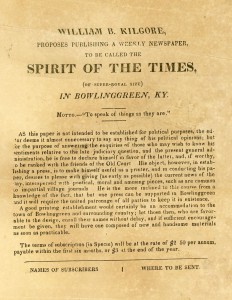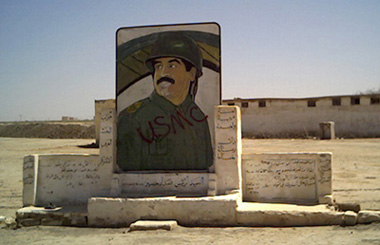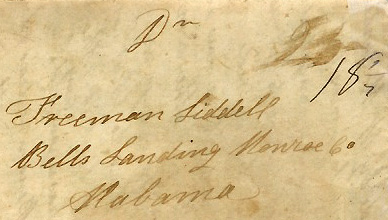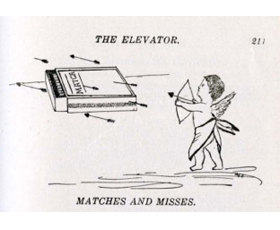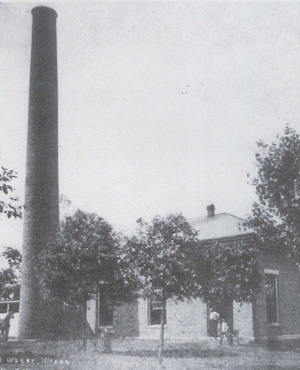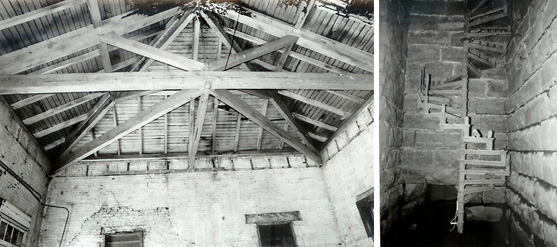Born in Wahalak, Mississippi, Thomas Rawlings Woods was only a year old when his mother and three young sisters died in 1863 of diphtheria. His father, John Dysart Woods, remarried and in 1871 moved his family, which now included another son and three daughters, to Glasgow, Kentucky.
Nineteen-year-old Thomas entered the U. S. Military Academy at West Point in summer 1881. His first letter home was full of news about his preliminary exams, his temporary lodgings with “Mother Stewart,” an elderly woman who taught the Bible to cadets and still railed against “Jeff Davis, the traitor,” and the mild hazing he witnessed, especially toward the “stuck up or smart chap that comes here.”
Thomas was struck by the attrition rate among his classmates. “Of 145 candidates that have applied with me only 87 have remained this long,” he noted a few months into his term. But overall, he was happy with his circumstances. His demerit count was respectable, he was keeping warm with the help of a shawl sent from home, and was adjusting to Academy life–including the martial atmosphere in church, where there “were no old ladies who come half an hour early” and “no young folks who come in after the services are half over.”
Nevertheless, Thomas waxed nostalgic for the comforts of home. “I never really knew how happy we were,” he wrote his half-sister Elizabeth. Mother Stewart reminded him of his grandmother, and Sunday evening leisure time brought memories of his family’s “Mississippi talks,” when they would “get after Papa to tell some of his recollections of ‘when he was a boy.'” His roommate’s breakfast choice made him think of visits to an uncle, where “[we] used to pile our plates with battercakes and have them almost floating in molasses.”
Thomas’s life after West Point, sadly, was short. In 1883, John Woods moved the family to Bowling Green, where he became editor of the Bowling Green Gazette. Thomas appeared ready to follow his father into journalism, but died that same year of typhoid fever.
The letters of Thomas Rawlings Woods from West Point are available to researchers as part of the Lissauer Collection in the Manuscripts & Folklife Archives section of WKU’s Special Collections Library. For other collections relating to military life and service academies, search TopSCHOLAR and KenCat.



